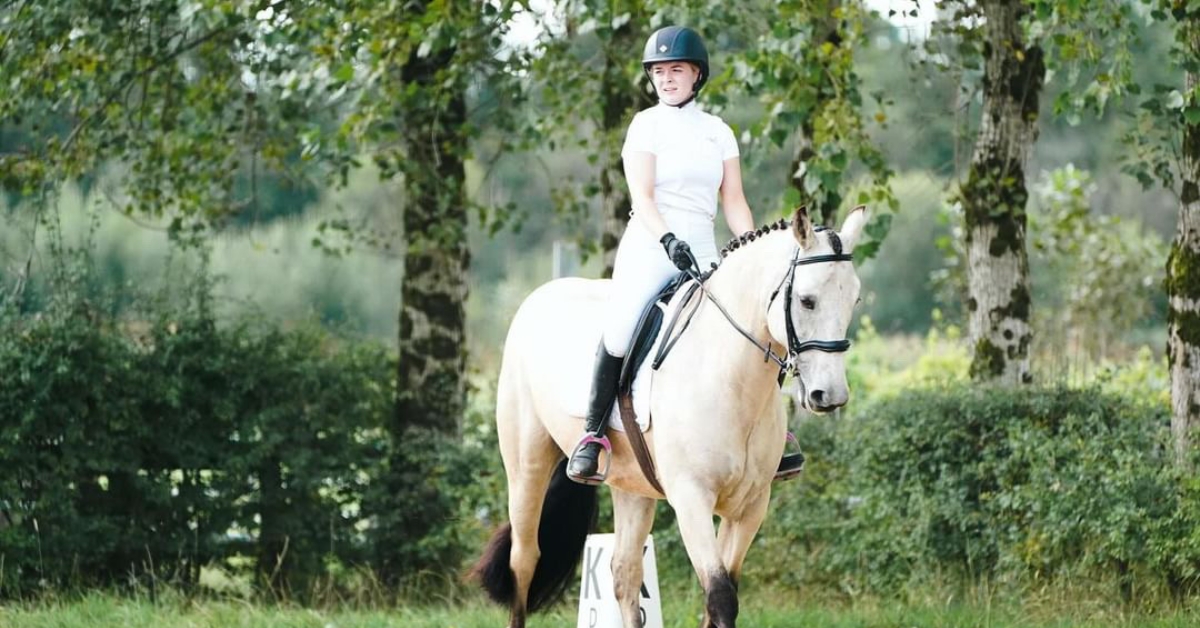By Catriona Monks Walsh BHSII
Dry January is a term that we use, this time of year, when we have overindulged at Christmas time. Eating and drinking far too much and drinking those fancy Cocktails. When January comes around, we start thinking of becoming healthier. When it comes to horses, we need to remember this too. They can never have too much water, that is!
Water is vital for health. When our horses are properly hydrated, they will have increased energy, better digestion and they will be able to temperature control their bodies.
The amount they need to be properly hydrated is approximately 10 to 15 gallons (30-60 liters) of water per day. Which is about 5 full buckets of water. As a human, we require between 2 to 3 liters a day for our bodies to properly function.
If our horses are dehydrated by a lack of fluid intake, it will cause serious damage to their health. Horses with no food can survive between 20 and 25 days. Without any water, they will only survive three to six days.
If they don’t have their adequate daily allowance of water, they can stop eating, and their droppings can become hard and difficult to pass. In severe cases, they can suffer impaction colic. You can do a quick test to check if your horse is dehydrated. If they are displaying any of these signs, you must contact your Vet immediately.
Skin pinch test. Pinch a small piece of the skin in the neck or shoulder area. If it stays elevated more than a few seconds, dehydration is possible.
Appearance of gums. If the gums look dry or reddened, dehydration is possible.
Check eyes. Dull and glazed eyes may indicate dehydration.
Capillary refill. Gently press, with one finger, on an area of the gum above the teeth. The area turns very pale. Release. Normal colour should return in 1-4 seconds, if not, dehydration is possible
You can also check for thick lathered sweat, shallow panting and body temperature over 37 c, which are all signs of dehydration.
That old saying, “You can lead a horse to water, but you can’t make him drink”. Horses must have access to clean fresh water. It is well known about horses that are fussy or shy eaters, but there are also fussy drinkers!
Possible reasons, why your horse is reluctant to drink;
1. they may not like drinking out of the stable’s drinkers, if they’re automatic, they may not like the sound or the spray back.
2. they may not like the taste of the water if it is piped from the mains.
3. The water is too cold and icy.
4. Dirty water containers
If you’re unsure or worried about how much your horse is drinking, it’s a good idea to turn off the automatic drinkers and place buckets of water in the stable with them, so you can measure their daily amounts of intake. With some cheeky horses, that trash their buckets. I would recommend using a rubber bucket, with a weight put inside it, something safe, like a large stone.
If they don’t like the taste of their water at home or especially when you are traveling. You could make them a Pony ‘Cocktail’, a Ponytail. Add some juice from beet pulp/mash or add apple juice into their buckets. It adds taste and gives a sweet flavor to the water. As we know, horses just love sweet flavors. You also add some fruits and vegetables into a small shallow bowl of water, anything that encourages the horses to take fluids. You will soon know which ones they prefer.
It’s recommended that horses have approx. 10 grams of sodium per day in their diet. This can be added to their feed, regular table salt of up to two tablespoons a day, can be added to their bucket feeds, this will also help encourage them to drink.
During the winter, it’s crucial that they maintain their intake of fluids. They can be reluctant to drink as the water can be icy cold. When you’re feeding a lot of fodder, especially hay. You can help them to chew and salivate, by dampening the hay and adding warm water to their hard feeds.
When offering your horse water after exercise or at a competition, it’s important that you don’t offer a ‘hot horse’, a lot of cold water. Remember, the scene from the Movie Black Beauty!? It can be a shock to their system, and it can make them very ill and contribute to potential colic. So, only give a small amount, gradually and warm if possible.
If their water drinkers freeze over, break the ice and remove it. Placing a large heavy football in large buckets and containers helps prevent the ice block from forming. Salt plastic bottles also help, I use these too. Find an old plastic drink bottle with a lid (like a fizzy drink bottle). Fill it with water and a cup of salt, it doesn’t freeze and floats.
Cheers!


Share
Your subscription is 100% Free for our first year, No credit card details required.

Back in the Saddle: Lorraine Cribbin’s Journey to Equestrian Resilience At 27, Lorraine Cribbin has already carved a niche for

Next up in The Producer Series, are husband and wife duo, Maria Costello and Seamus Hayes, who run the very

On a crisp Sunday morning, the serene grounds of Barberstown Castle in Kildare will transform into a hub of classic